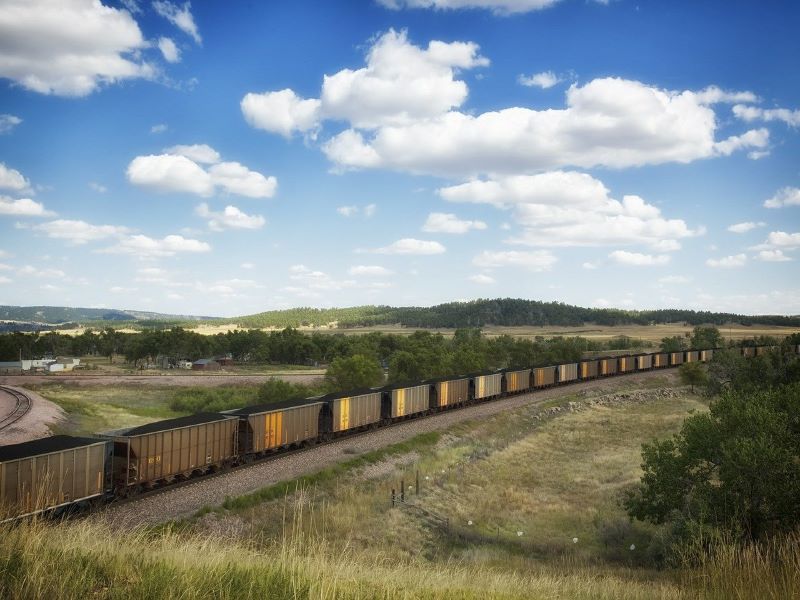 Coal shortage
Coal shortage
India considers new coal imports amid rise in power demand
India may consider further coal imports to avoid a fresh power supply crisis, according to media reports.
Stockpiles of the dry fuel in the power plants have dropped about 11 percent since mid-August, entailing a supply sufficient just enough for 10 days, well below the required levels of more than three months, according to a Bloomberg report.
Coal-fired plants produce 70 percent of India's electricity.
“We are watching the situation anxiously,” Power and Renewable Energy Minister Raj Kumar Singh said in an interview, according to the report. “Availability of power for the common man is non-negotiable.”
He said the power plants running on the fossil fuel must import to maintain an adequate stockpile to avoid disruption in supply despite India's long-term policy to limit purchases from overseas, he said Thursday, said the report.
In June, state-run Coal India Ltd issued a first-ever import tender and NTPC also added more purchases.
Hot and humid weather, together with an increase in industrial activity in the post-Covid times bolstered power demand in India.
Coal-fired power generation jumped almost 16 percent in the first week of September compared to the same period last year.
India is looking to take proactive measures to avoid a repeat of 2021's coal crunch triggered by the prolonged monsoon season which flooded mines and choked shipments.
Support Our Journalism
We cannot do without you.. your contribution supports unbiased journalism
IBNS is not driven by any ism- not wokeism, not racism, not skewed secularism, not hyper right-wing or left liberal ideals, nor by any hardline religious beliefs or hyper nationalism. We want to serve you good old objective news, as they are. We do not judge or preach. We let people decide for themselves. We only try to present factual and well-sourced news.







